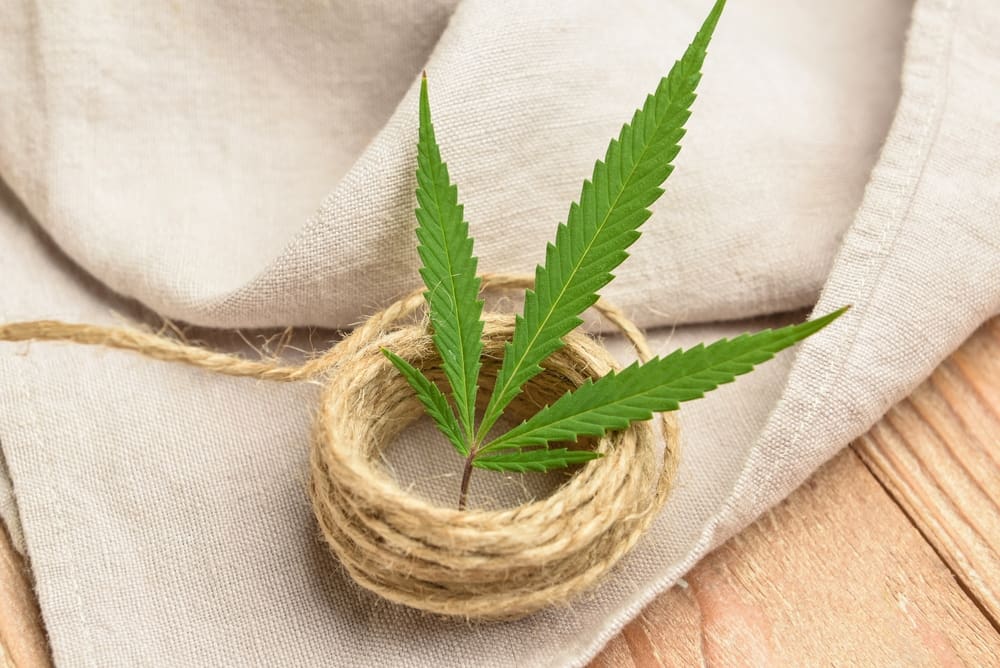Eco-Friendly Hemp: Unearthing the Sustainable Potential of a Versatile Plant
As our planet faces increasingly pressing environmental challenges, the search for eco-friendly and sustainable alternatives is more important than ever. One promising contender in this quest for a greener future is the versatile hemp plant. In this article, we’ll explore the many ways in which the hemp industry contributes to sustainability and how supporting hemp-derived products, such as CBD (cannabidiol), can foster a healthier planet.
Hemp, a variety of the Cannabis sativa plant, has been cultivated for thousands of years for its fiber, seeds, and therapeutic compounds. Its remarkable qualities make it an ideal crop for sustainability, as it offers a plethora of environmental benefits.
- One of the most significant advantages of hemp cultivation is its rapid growth rate. Hemp can be harvested in as little as 90-120 days, making it a highly efficient and renewable resource. This fast-growing plant can be used to produce a wide range of products, from textiles and paper to building materials and biofuel, offering a sustainable alternative to many environmentally damaging industries.
Hemp’s environmental benefits extend beyond its rapid growth. The plant is known for its remarkable ability to absorb carbon dioxide from the atmosphere, making it an effective tool in the fight against climate change. Hemp plants can absorb and store up to 15 tons of carbon dioxide per hectare, making it more efficient at sequestering carbon than most other crops or even trees.
- Another significant advantage of hemp is its ability to improve soil health. Hemp plants have deep root systems that help break up compacted soil, allowing water and nutrients to penetrate more effectively. This process can prevent soil erosion and promote more fertile ground for future crops. Additionally, hemp has a natural resistance to many pests, reducing the need for harmful pesticides and contributing to a more sustainable agricultural ecosystem.
The hemp industry is also making strides in the realm of eco-friendly packaging. Many hemp-derived products, such as CBD oil, are now being packaged in recyclable or biodegradable materials, reducing the environmental impact of single-use plastics. By supporting hemp-derived products that prioritize sustainable packaging, consumers can contribute to a greener future.
- In addition to its Eco-friendly Hemp environmental benefits, hemp also holds significant potential for social sustainability. The versatile crop can create jobs and stimulate local economies, particularly in rural areas where agricultural opportunities are vital. With the passage of the 2018 Farm Bill, which legalized the cultivation of industrial hemp in the United States, the hemp industry is poised to grow and provide economic benefits to farmers and communities across the country.
By supporting hemp-derived products like CBD, consumers can contribute to a more sustainable and eco-friendly future. CBD, a non-psychoactive compound found in hemp, has gained widespread attention for its potential therapeutic benefits, ranging from pain relief and anxiety reduction to overall wellness support. By choosing high-quality, sustainably-sourced CBD products, consumers can not only benefit from the plant’s therapeutic properties but also support an industry that promotes environmental and social sustainability.
In conclusion, the hemp industry has the potential to make significant contributions to a greener, more sustainable future. From its rapid growth rate and carbon-absorbing properties to its ability to improve soil health and promote economic growth, hemp is an eco-friendly powerhouse. By supporting hemp-derived products like CBD and prioritizing sustainable practices, we can help usher in a more environmentally conscious era and foster a healthier planet for generations to come.







